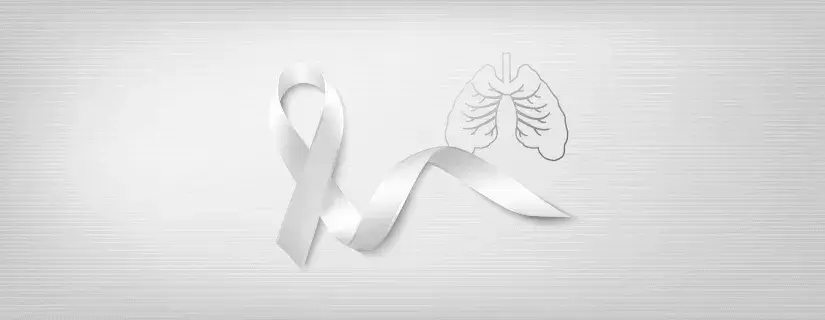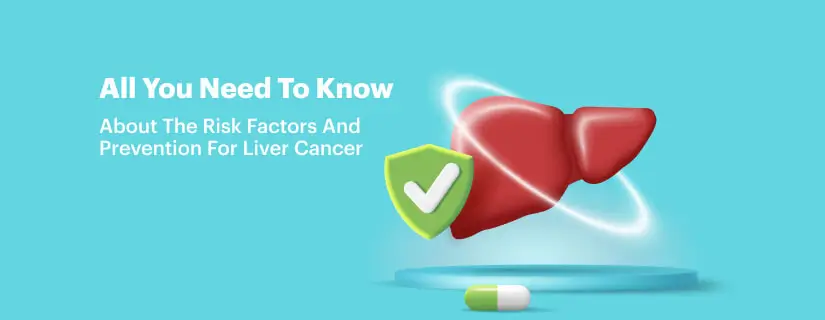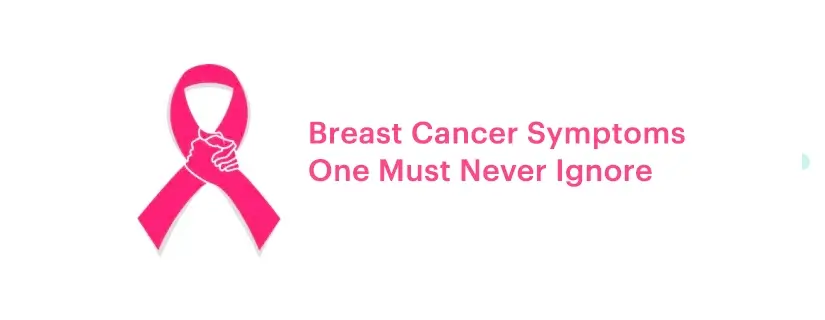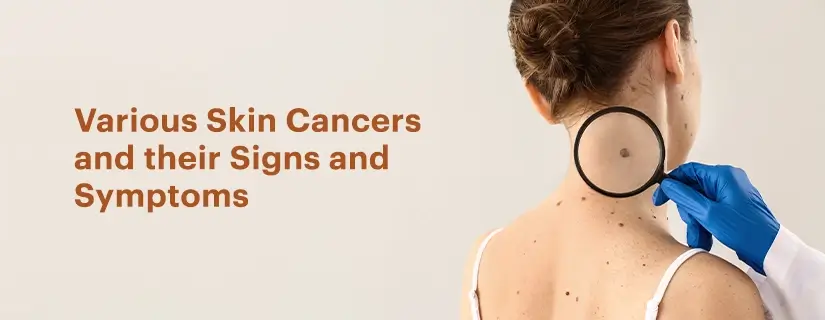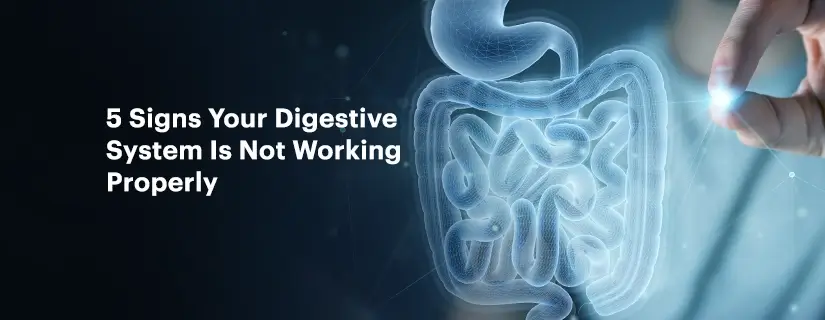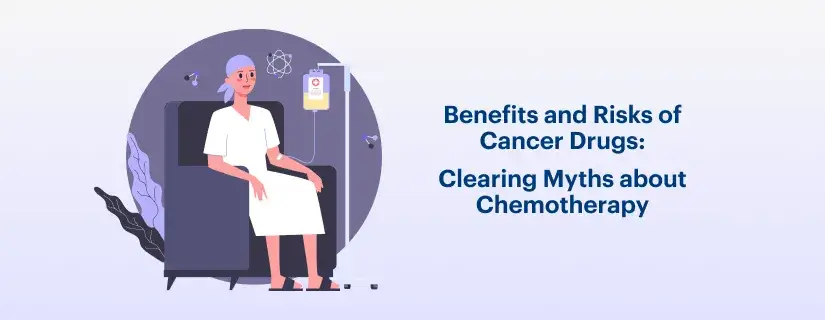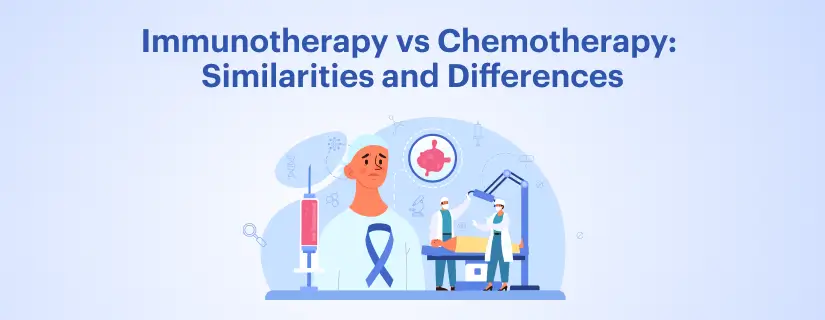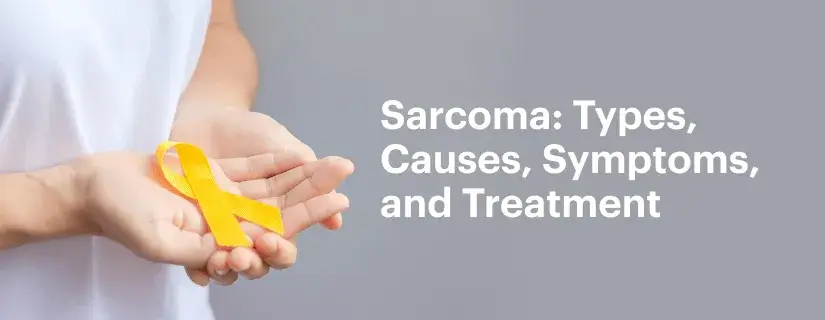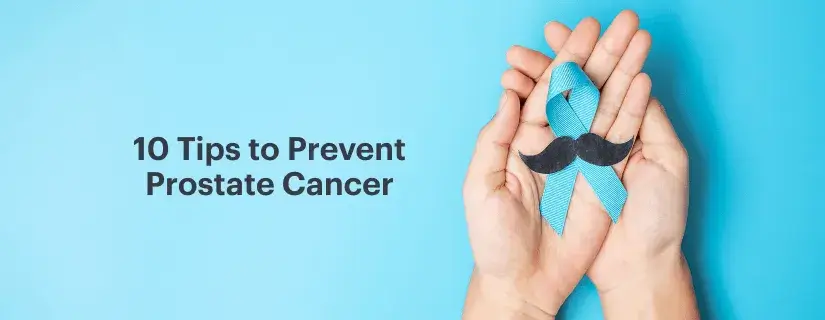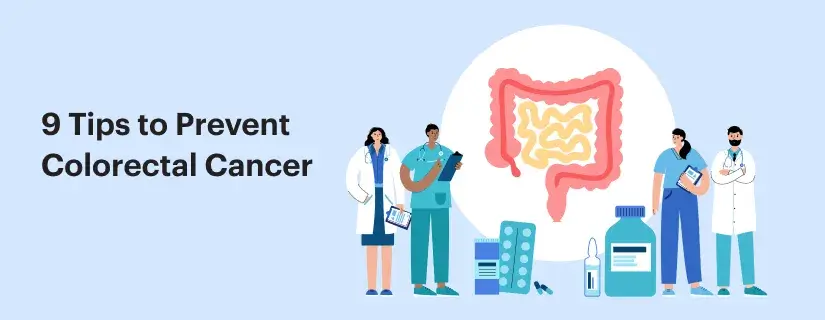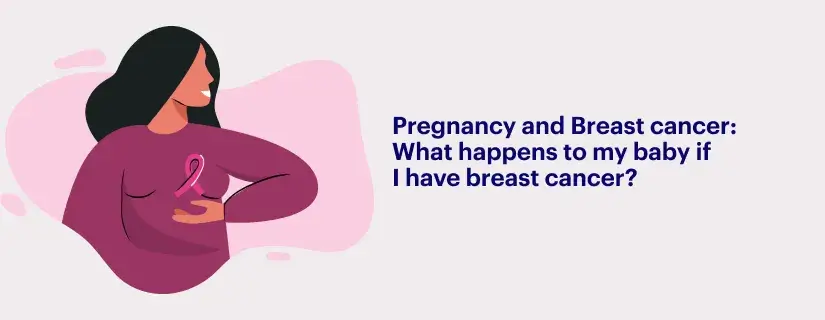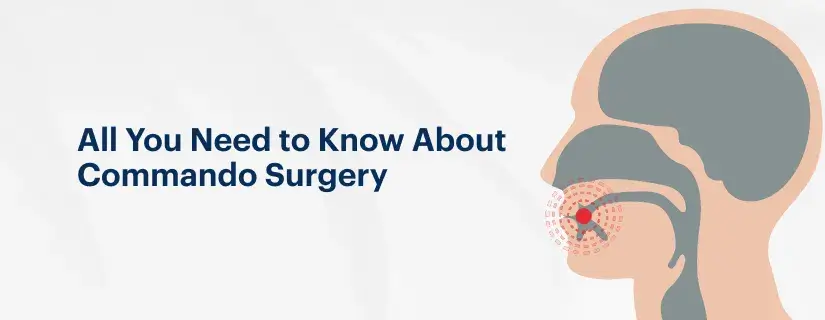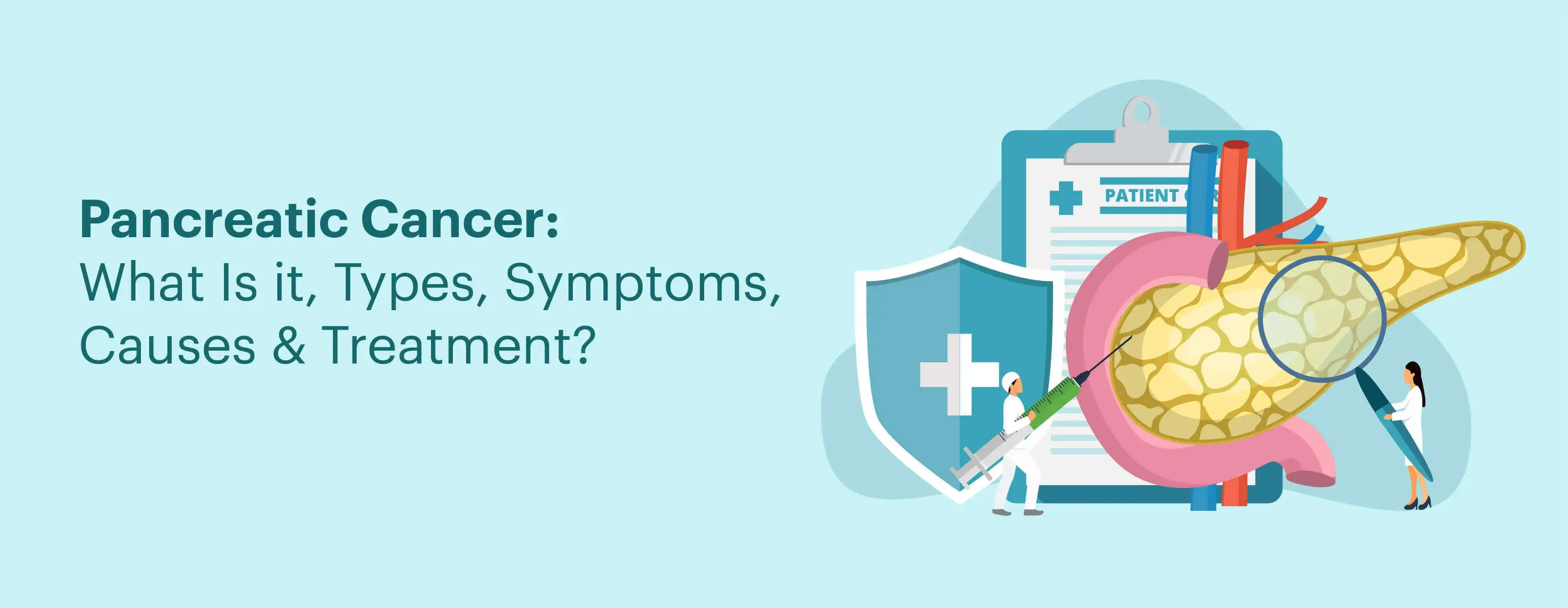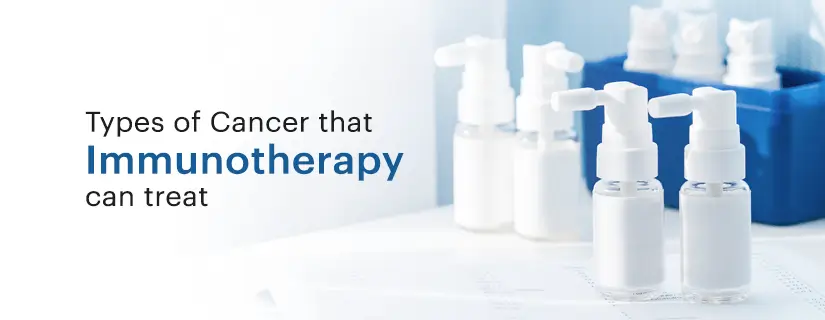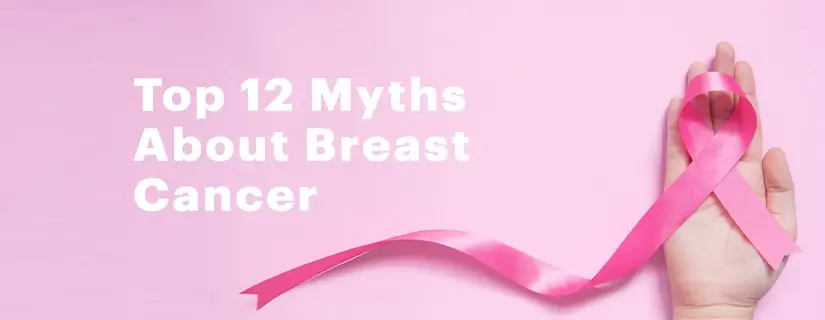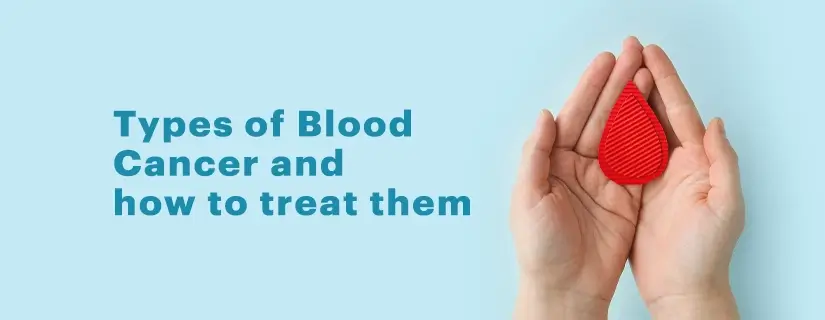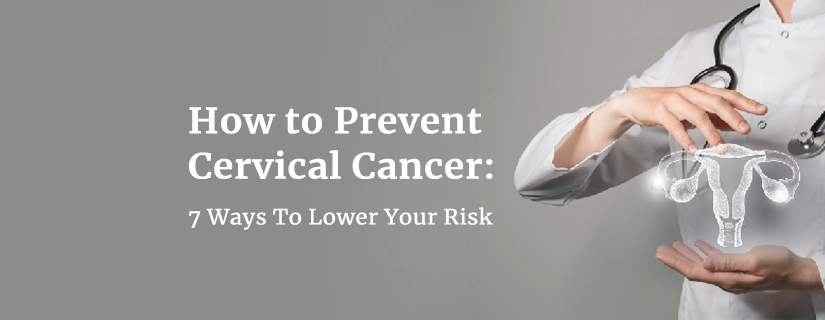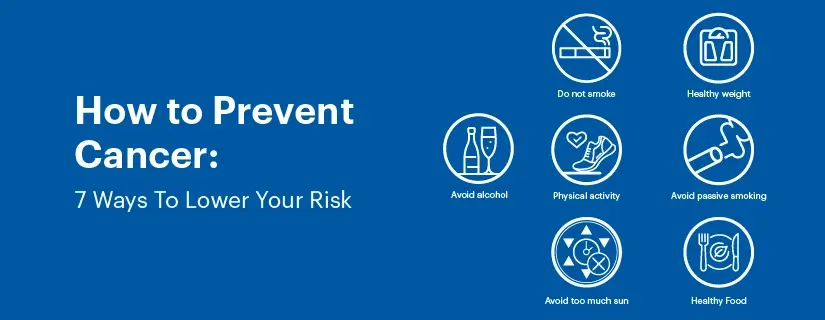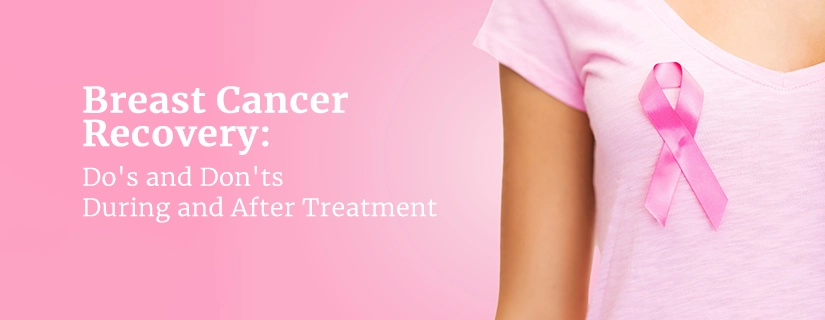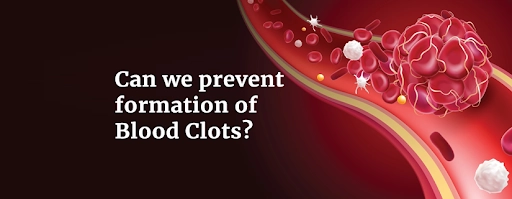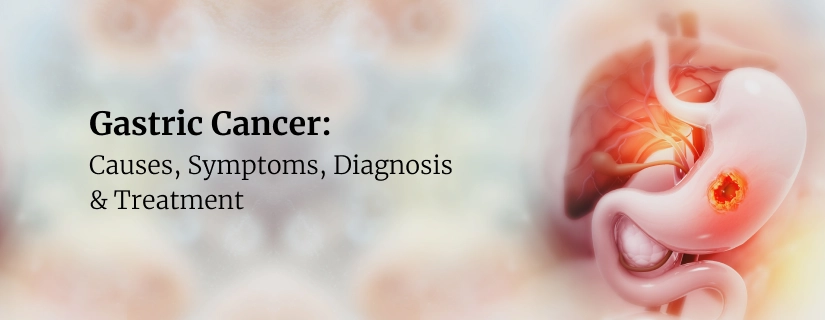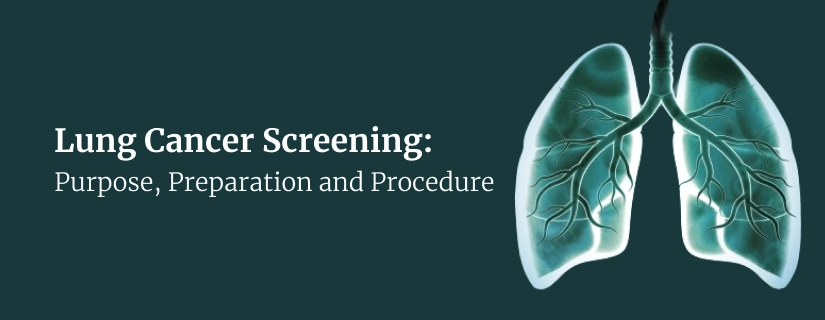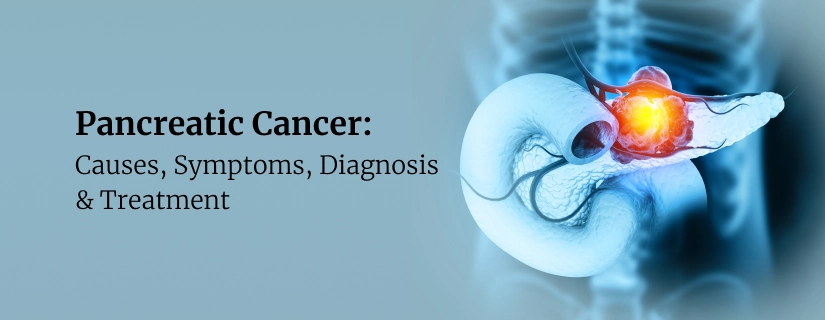-
Doctors
-
Specialities & Treatments
Centre of Excellence
Specialties
Treatments and Procedures
Hospitals & Directions HyderabadCARE Hospitals, Banjara Hills CARE Outpatient Centre, Banjara Hills CARE Hospitals, HITEC City CARE Hospitals, Nampally Gurunanak CARE Hospitals, Musheerabad CARE Hospitals Outpatient Centre, HITEC City CARE Hospitals, Malakpet
HyderabadCARE Hospitals, Banjara Hills CARE Outpatient Centre, Banjara Hills CARE Hospitals, HITEC City CARE Hospitals, Nampally Gurunanak CARE Hospitals, Musheerabad CARE Hospitals Outpatient Centre, HITEC City CARE Hospitals, Malakpet Raipur
Raipur
 Bhubaneswar
Bhubaneswar Visakhapatnam
Visakhapatnam
 Nagpur
Nagpur
 Indore
Indore
 Chh. Sambhajinagar
Chh. SambhajinagarClinics & Medical Centers
Book an AppointmentContact Us
Online Lab Reports
Book an Appointment
Consult Super-Specialist Doctors at CARE Hospitals
Best Diet for Prevention of Oral Cancer
Updated on 30 November 2022
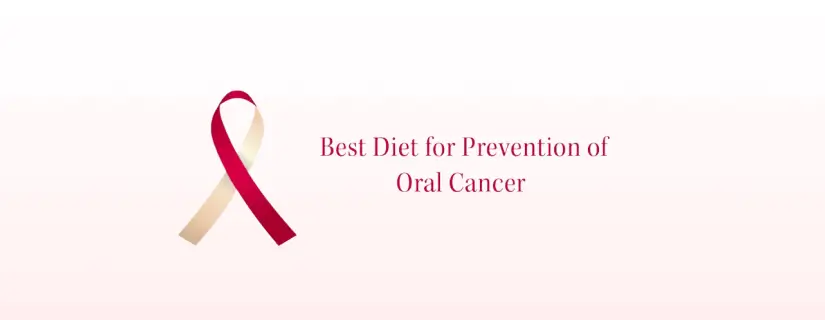
Table of Content
Oral cancer is a type of cancer that can affect the mouth, throat, tongue, and lips. While there is no one specific diet that can prevent oral cancer, certain foods and nutrients have been shown to reduce the risk of developing this disease.
What Is the Best Diet for Someone with Oral Cancer?
A lot of people all around the world suffer from different types of cancers and oral cancer is one of them. People receive different treatments such as radiation therapy, chemotherapy, and surgery for different types of cancers. During chemotherapy and radiation therapy many healthy cells of the body are also destroyed. The body has to work hard to fight against the cancer cells and deal with the damage to the healthy cells caused by radiation or chemotherapy. Therefore, your body needs good nutrition to perform different body functions. The nutrients not only help to perform body functions but also help to repair the damaged cells.
It becomes difficult for people to eat necessary food items when suffering from oral cancer. In this article, we will discuss the best oral cancer diet, for someone who is suffering from oral cancer so that prevention can be maintained. Anyone suffering from oral cancer can follow the given dietary guidelines to recover quickly.
1. Eat small meals at small intervals of time
You must eat small meals during the day at small intervals of time. You can divide your meals six to eight times and eat foods having high calorific value. You can eat foods such as avocado, eggs made in olive or canola oil, etc.
2. Add colourful food items to your plate
You can try smoothies because they are rich in proteins and will give you the required calories. People who cannot swallow properly can use smoothies to boost their energy and increase calorie intake. Smoothies can help to fulfil your protein requirements. You can also eat colourful fruits such as watermelon, carrots, etc to boost your immune system. If you feel difficulty in swallowing coarse or rough foods due to mouth sores, you can try soups, mashed foods, and purees. You can also use skimmed milk or non-acidic fruit juice to make your smoothie with a thin consistency.
3. Eat foods rich in anti-oxidants
People suffering from cancer should try to include foods rich in antioxidants in their diet as anti-oxidants help to fight against free radicals and cancer-producing cells in the body. Vitamin A and antioxidants also help to combat the bad effects produced by radiation and chemotherapy in the body.
4. Avoid fats, sugar, and alcohol intake
People suffering from oral cancer must avoid intake of fats, sugar, and alcohol. These foods contain empty calories and in some people are also responsible for producing more cancer cells in the body. Sometimes strong aromas of the food can lead to nausea and vomiting in people suffering from oral cancer. Such patients can avoid eating hot foods and they can consume cold foods. Avoid eating fish, eggs, poultry, and cheese and you can replace them with red meat. Other items you can eat to fulfil your requirements include milkshakes, ice-creams, and puddings. Anyone who has a change in taste can try using lemon drinks that will stimulate saliva and taste.
5. Drink more water
People undergoing chemotherapy should drink more water. It is necessary for people with mouth cancer prevention foods sores to drink more fluids. They can drink water, soups, milk, tea, etc. If your doctor does not ask you to restrict fluid intake, you must try and drink at least 8-10 glasses of fluids per day. You can drink fluids slowly instead of drinking a full serving at a time. You can make your shakes using a blender and can include fresh fruits, yoghurt milk, protein powder, and fruit juices.
6. Include berries of all kinds
Oral cancer patients must include different types of berries such as strawberries, blueberries, blackberries, and raspberries in their diet. They are rich in antioxidants and other nutrients and they help in fighting against cancer cells. The constituents present in berries also slow down the growth of cancer cells
7. Fish
You can include fish rich in omega-3 fatty acids in your diet. Fish is rich in proteins and helps in quick recovery.
Add leafy vegetables to your diet
People suffering from oral cancers must include leafy or cruciferous vegetables in their diet as they are a rich source of constituents that help to fight against cancer. The constituents found in these vegetables also help in slowing down the growth of cancer cells in the body.
8. Add citrus fruits
Citrus fruits are rich in vitamin C and reduce the risk of oral cancer. Vitamin C also helps in boosting the immune system. Fruits such as oranges, grapefruits, and lemons are rich in vitamin C. These fruits also have other properties that help to fight against cancers. You can eat citrus fruits by adding them to desserts because that helps to neutralize their acidic effect.
9. Olive oil
It is found that olive oil is also useful in preventing the growth of cancer cells. Therefore, people suffering from oral cancer must use olive oil in preparing foods. It can help in boosting immunity as well. Use steam and baking techniques to make food and avoid frying and grilling.
Oral cancer patients must keep a positive approach and should try to manage their diet as much as possible. Changing diet can be the easiest way to fight cancer and its symptoms. People who eat a good diet can improve their health and can contribute to the positive results from the treatment. For further assistance, book an appointment at a oral cancer hospital.
ENQUIRY FORM
SELECT CATEGORIES
-
Neurosciences (16)
-
Neurology (37)
-
Neurosurgery (14)
-
Orthopaedics (48)
-
Oncology (33)
-
Obstetrics and gynecology (52)
-
Pulmonology (23)
-
Urology (20)
-
Nephrology (13)
-
Psychiatry (7)
-
Dietetics and Nutrition (111)
-
General Medicine (63)
-
Cardiac Sciences (32)
-
Vascular & Endovascular Surgery and Interventional Radiology (15)
-
Gastroenterology (46)
-
Endocrinology (23)
-
Plastic Surgery (10)
-
Critical Care Medicine (5)
-
COVID-19 (16)
-
Dermatology (16)
-
Emergency Care (1)
-
Ophthalmology (4)
-
Pediatrics (14)
-
Laparoscopic and Bariatric Surgery (8)
-
ENT (15)
-
Kidney Transplant (1)
-
Liver Transplantation and Hepatobiliary Surgery (5)
-
General Surgery (3)
-
Internal Medicine (5)
-
Medicine Information
Breast Cancer - Symptoms, Causes, Stages, Risk Factors and Treatment Options
Understanding Kidney Cancer: Symptoms, Risk Factors, Diagnoses, & Treatment
YOU MAY ALSO LIKE
RECENT BLOGS
-

Preterm Birth (Premature Birth): Symptoms, Causes, Treatment and Prevention
13 May 2025
Read More
-

Rotablation Angioplasty: Benefits, Treatments, And Recovery Time
9 May 2025
Read More
-

What Is The Difference Between IUI and IVF?
9 May 2025
Read More
-

Venous Malformations: Causes, Symptoms, and Treatment
30 April 2025
Read More
-

Varicose Vein Foam Sclerotherapy: Treatment, Benefits, and Procedure
30 April 2025
Read More
-

Radiofrequency (RF) Ablation Treatment for Varicose Veins: Know More
30 April 2025
Read More
-

Varicose Vein Sclerotherapy: Treatment, Benefits, and Procedure
30 April 2025
Read More
-

Varicose Vein Endovenous Laser Ablation: Procedure, Benefits, Risks
30 April 2025
Read More
Have a Question?
If you cannot find answers to your queries, please fill out the enquiry form or call the number below. We will contact you shortly.





